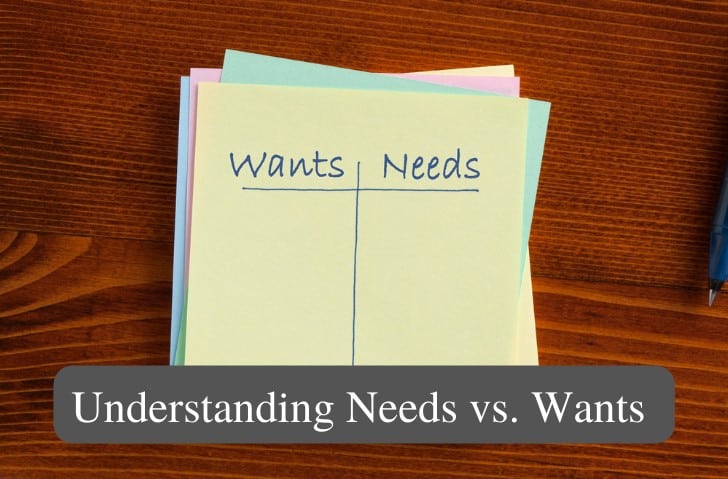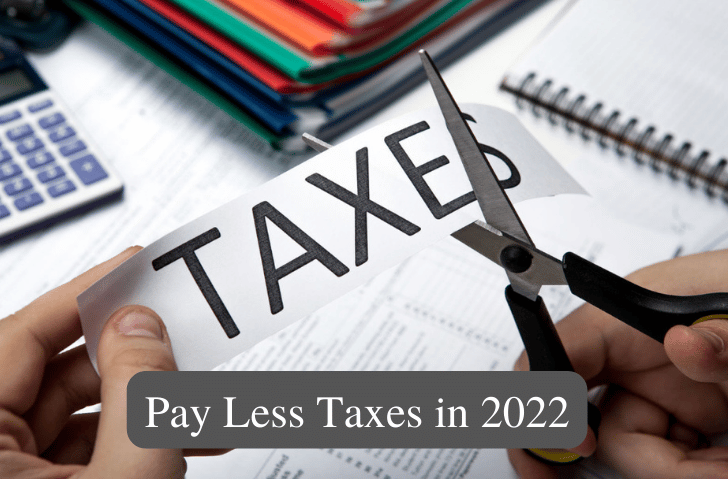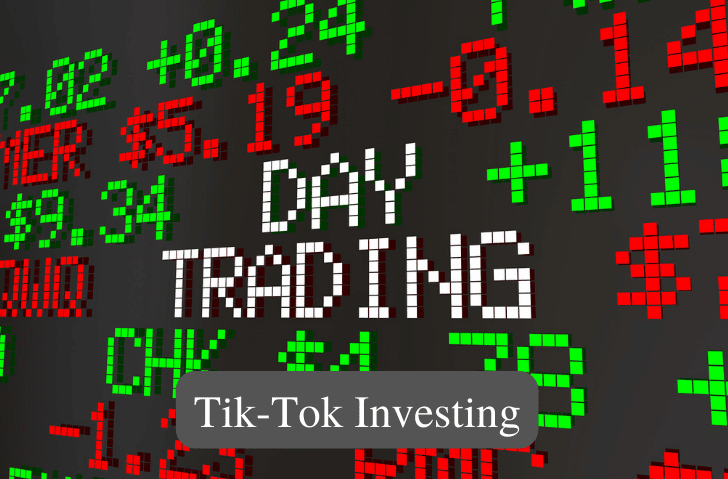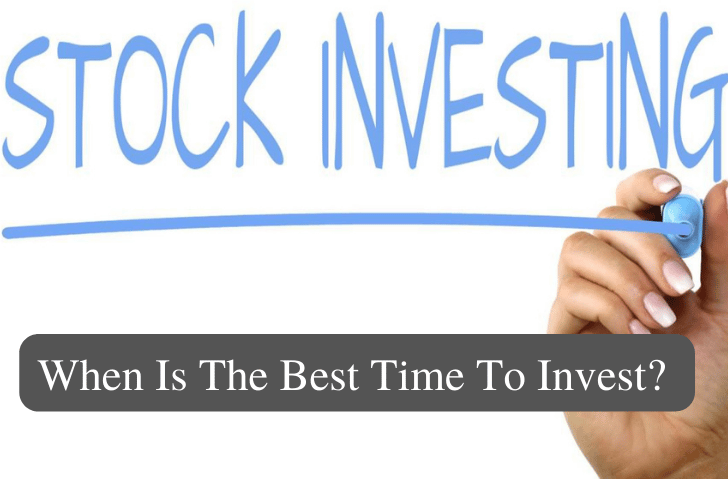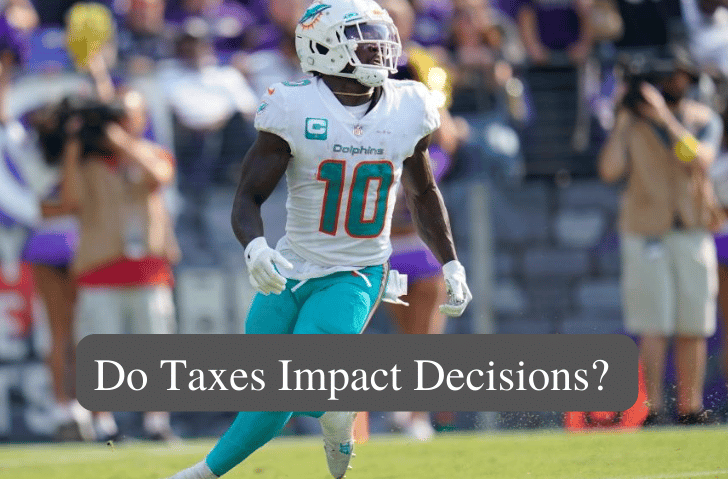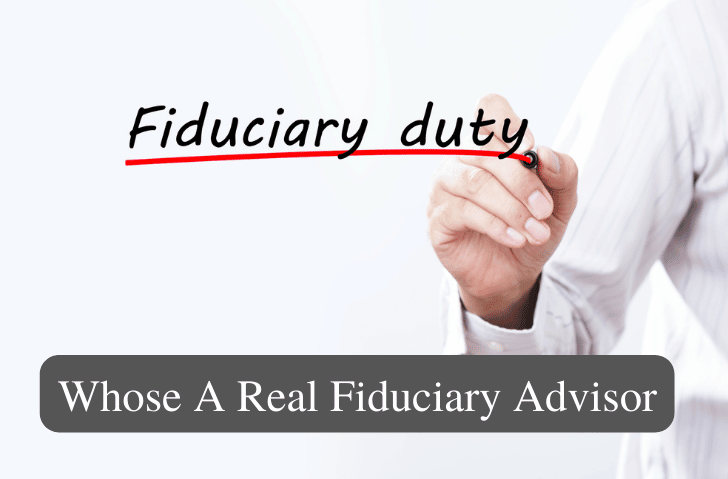So you want to know what a Fiduciary is? In the world of financial advisors, the word “fiduciary” is thrown around a lot. But what does it actually mean?
You’re in luck. In this article, we’ll break down the differences between a Fiduciary and other Financial Advisors, as well as what it means for you and your retirement plan.
A fiduciary is someone who has a legal and ethical responsibility to act in their client’s best interest. In other words, they’re not allowed to make any decisions that will benefit themselves at their client’s expense.
Types of Financial Advisors: Who Is A Fiduciary
Titles such as financial advisor, wealth manager, investment advisor, registered representative, and even financial consultant do not help the average investor (prospect) distinguish skill and proficiency much less whether they are allowed to act as a fiduciary. Read More

